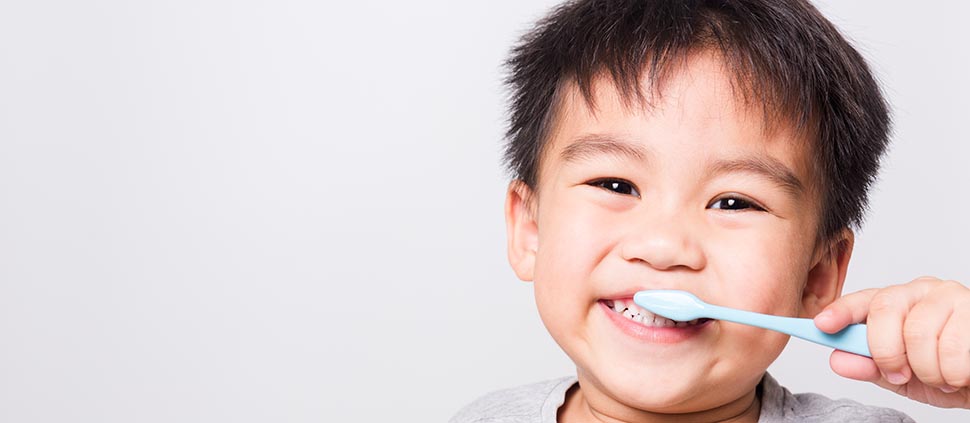
How Your Child Can Have Healthy Teeth and Gums
Written by
Dr. Asha K. Karan
Good oral hygiene and diet options should be developed from young. These are important for the dental health of both baby teeth (primary teeth) and developing adult (permanent) teeth.
Oral hygiene
- Brush 2 times a day (morning and night).
- Floss once a day.
- Use an age-appropriate toothpaste with fluoride.
- Use a pea-sized amount of toothpaste until your child is able to spit out the toothpaste independently.
- Young children often do not have the co-ordination and discipline to brush/ floss by themselves. You, as the parent or guardian, need to help them with this task until they can clean their teeth independently.
Diet
- Keep to a well-balanced diet
- Constant snacking increases the chance of tooth decay.
- Foods high in sugar e.g. Sweets, chocolate, ice cream, soda drinks and sweet biscuits should be limited to special treats.
- A child should be weaned off sucking on a milk bottle to go to sleep by the first birthday or sooner as this could lead to tooth decay.
Habits that may lead to crooked teeth
- Sucking a pacifier: Avoid using a pacifier. If your child uses a pacifier, break the habit as early as 3 months old.
- Thumb sucking: Discourage the child from thumb sucking by reminding the child vocally and by positive re-enforcement.
Prevention of Problems
- Regular visits to the dentist: The Ministry of Health recommends that children see a dentist by their first birthday for early detection. Apart from allowing a child to get accustomed to the dental setting, it is an opportunity for care-givers to get advice on home dental care.
- Fluoride treatment by the dentist may be recommended to children who are prone to tooth decay
- Fissure sealants: They may be recommended for children with irregular shaped teeth or teeth with deep pits and grooves. After placement of sealants, the grooves are shallower – making it easier to clean your child’s teeth.
.png?width=2223&height=447&name=Background%20(4).png)

-1.svg)



